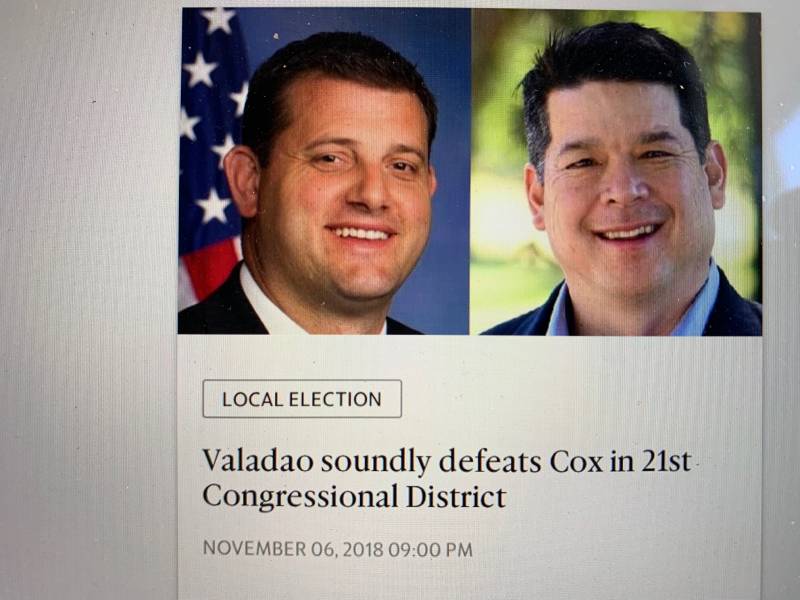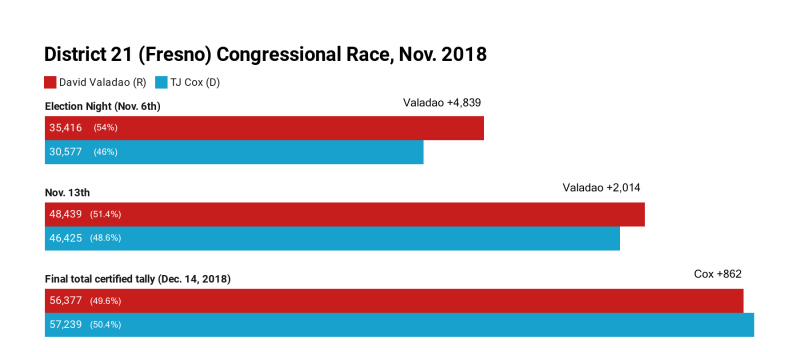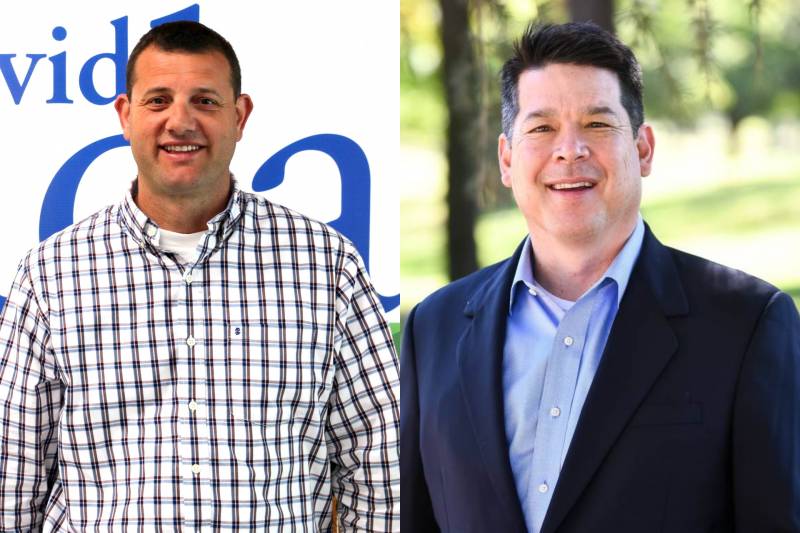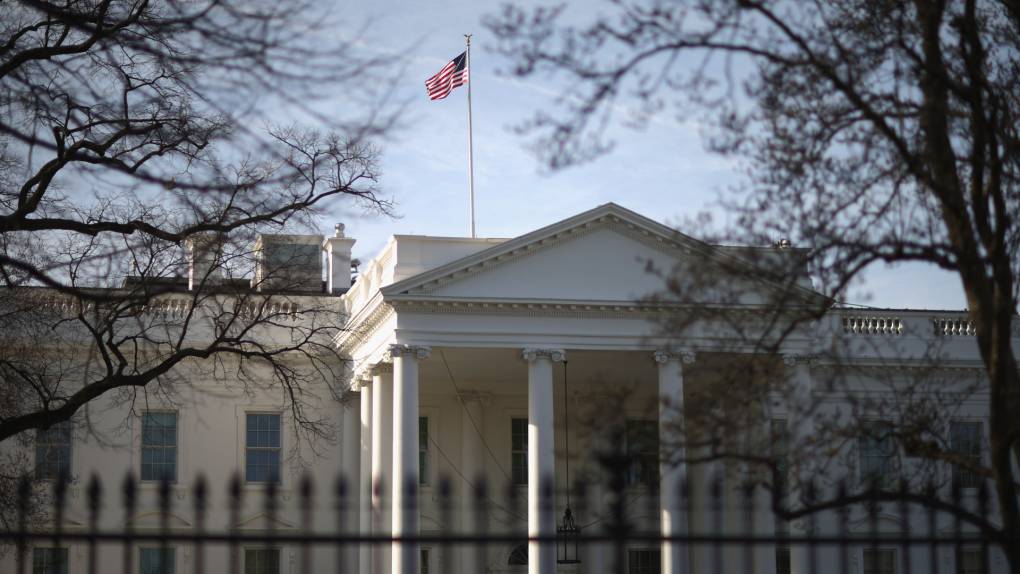Congressional District 21 is a rare swing district in California. For years, Republican Congressman David Valadao was able to win the seat, even though there are more registered Democrats than Republicans there. In 2016, voters still stuck with Valadao, even while choosing Democrat Hillary Clinton over Donald Trump.
But when Democrats flipped the U.S. House of Representatives in the 2018 midterm elections, the 21st Congressional District was one place they succeeded. Democrat TJ Cox unseated Valadao that year by less than 1,000 votes.

It was so close some newspapers initially declared Valadao the winner, but after all the votes were counted Cox squeaked out a victory. It was the very last House race in the nation to be called.
Now the two are facing off again in a district that includes all of Kings County and parts of Kern, Tulare and Fresno counties.
Valadao has name recognition throughout many corners of the district, including at Overland Stock Yard in Hanford, a 40-minute drive south of Fresno. Some at a cattle auction there recently, including walnut farmer Vicki Stanfield, knew him personally.
“He’s local … Hanford … kids went to Hanford High,” Stanfield said. “For that reason I think he would be the one I would vote for.”
Others, like Durbin Pedro, who works in the dairy industry, said he thinks Cox has done an “OK” job since coming into office, with a caveat.
“For the agricultural issues, I think he’s falling a little short,” Pedro said. “For this part of the Valley, we need somebody who’s more aggressive to get more water for our farmers and our communities.”

Valadao’s ‘Trump Problem’
Even though Trump himself was not on the ballot in 2018, the president still loomed large in the midterms. And political experts say Trump and his policies likely played a role in voters’ decisions about who they wanted representing them in Congress.
In Huron, a farmworker community about 30 miles west of Hanford, the vast majority of residents are Latino.
“TJ Cox is a Democrat and, well, because I am a Democrat, I’m going to vote for him,” said Luis Enrique Gutierrez, who works at a furniture store on Huron’s main drag. The store recently started selling toilet paper and hand sanitizer in order to stay open as an essential business.



